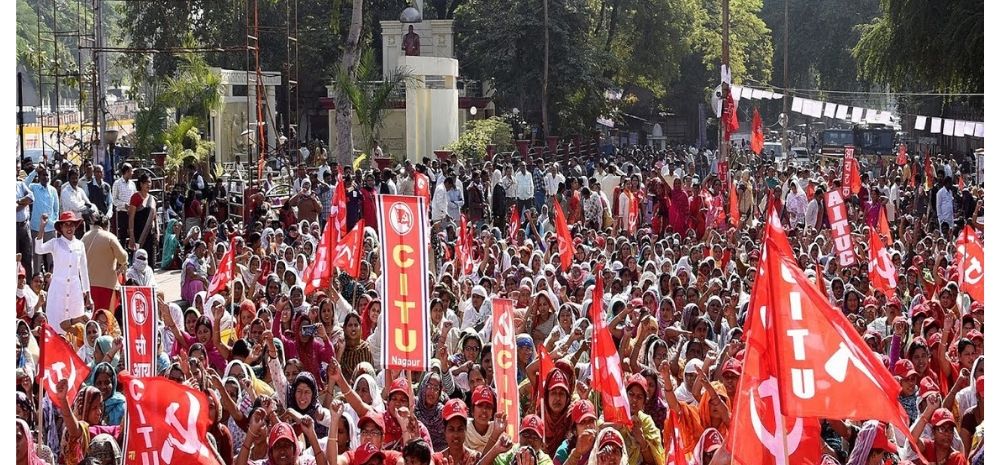500,000+ Employees From Banks, RBI, LIC Will Strike On January 8; Demand Rs 21,000 Minimum Salary

The verdict is out – bank unions are not happy with the central government introducing labour policies and banking reforms. In fact, they are so extremely disappointed that they have declared a national general strike, which will happen on January 8, 2020.
In this national general strike, there will be employees and workers from both the organised and unorganized sectors.
Public Sector Banks Join National Strike On January 8
There are several unions who have declared their support to the nationwide strike. Central Trade Unions such as the INTUC, AITUC, HMS, CITU, AIUTUC, TUCC, SEWA, AICCTU, LPF and UTUC are some of them. Multiple independent Federations and Unions in various sectors will also be participating.
C H Venkatachalam, General secretary, All India Bank Employees’ Association (AIBEA) said, “In the banking sector, we find that the Government’s policy is privatisation and unwarranted merger of nanks despite our vehement protests. On the other hand, the main issue of recovery of corporate bad loans is being ignored and concessions are being given to them while service charges are increased for the common people.”
This protest was jointly given by five unions: AIBEA, AIBOA, BEFI, INBEF and INBOC. Of this, there are about 1,25,000 members of the All India Bank Employees Association (AIBEA), about 2 lakh members of the All India Bank Officers Association (AIBOA). In addition to that, there are about 1,25,000 members of the Bank Employees Federation of India (BEFI), and 1,11,000 members of the LIC. Employees of RBI, co-operative banks, RRBs and General Insurance Sector will also be seen in this national general strike.
Also, employees from defence production, steel, oil, coal, railways, ports, road transport, teachers, and other government employees etc. have also extended their support to the strike.
Demands Of The Protesters
The protesters have a few demands of their own – price control, creation of more jobs for unemployed youth, guaranteed right to job, right to wage, job security, end of outsourcing of permanent jobs, no adverse amendment of labour laws, and no curtailment of trade union rights.
They have also demanded minimum wages of Rs. 21000 without cutting on social security schemes.
More importantly, they have been demanding for the strengthening of PSBs, cancelling privatisation, no closing down bank branches and opening more branches in rural areas.

Comments are closed, but trackbacks and pingbacks are open.